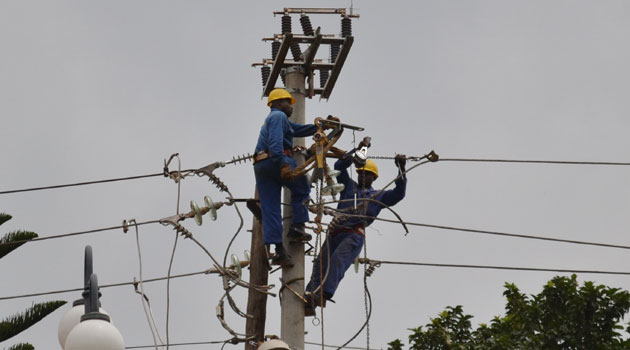advertisement
Kenya Power has a 3-Year Plan to Connect Kenyan Households to the Internet

For a while, Kenya Power has been renting fibre-optic connections connected to transmission lines to internet providers, but now the company seeks to make its entrance into the business itself.
Kenya Power plans to offer business customers internet and electricity as a bundle after successfully running pilot tests with larger power users. According to statistics, Kenya Power projects to have 8.59 million consumers by end of this year, including small companies and large industrial clients. According to the Communications Authority, the fixed internet sector is undeserved and might provide new income prospects.
The company says it has a three-year plan to bring internet to households, with rural areas being the key focus.
advertisement
“We will provide our corporate sector customers with a bundled service of electricity and internet,” Kenya Power said as quoted by Business Daily, “Kenya Power will leverage on our vast network to tap into the market… we will offer the corporates the option of using our internet for their primary use or redundancy.”
For years, Internet Service Providers (ISPs) have been utilizing Kenya Power’s extensive power transmission network to lower the expenses associated with cable laying. It’s not yet clear what will happen to the ISPs that have been capitalizing on the power lines for their operations, now that Kenya Power has entered the industry as a competitor.
Kenya Power says it has a three-year plan to bring internet to households, with rural areas being the key focus. They have a cheap entrance cost since they already have a solid transmission network in rural Kenya. They also want to provide low-cost bundles in order to win market share.
advertisement
The power company will take the battle for internet customers to Safaricom, Wananchi Group (Zuku), and Jamii Telecoms that control 85.1% of Kenya fixed data market.
Kenya Power reckons it would offer affordable packages to gain market share, signalling a pricing war in a telecoms market where operators are looking at data as the new frontier for growth.
Safaricom has over the past five years spent billions of shillings to build up its fixed-data network to connect homes to internet, as demand grows for online streaming services like Netflix.
advertisement
It has connected thousands of homes to its fixed-data network, using fibre and poles that has seen it overtake Zuku and Jamii Telecoms to be a market leader.
In the next three to 10 years, Kenya Power will seek to sell internet directly to homes, with its target being rural homes.